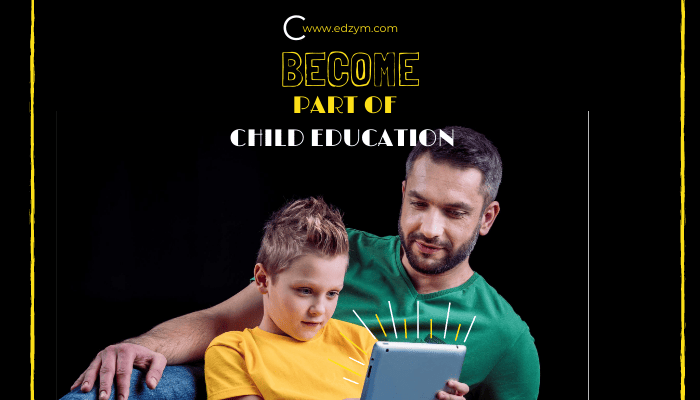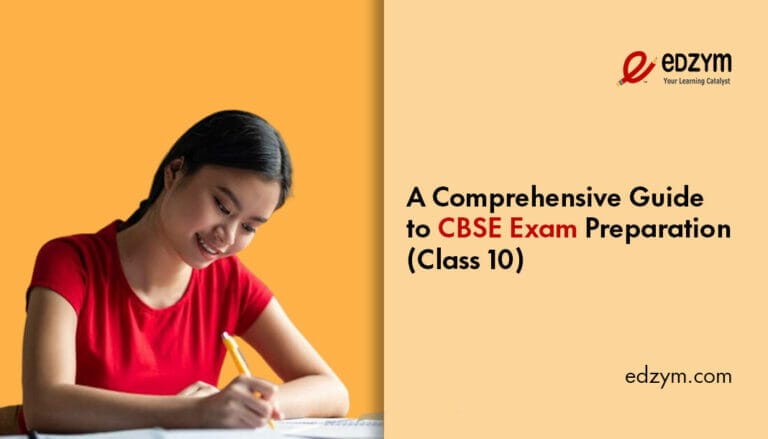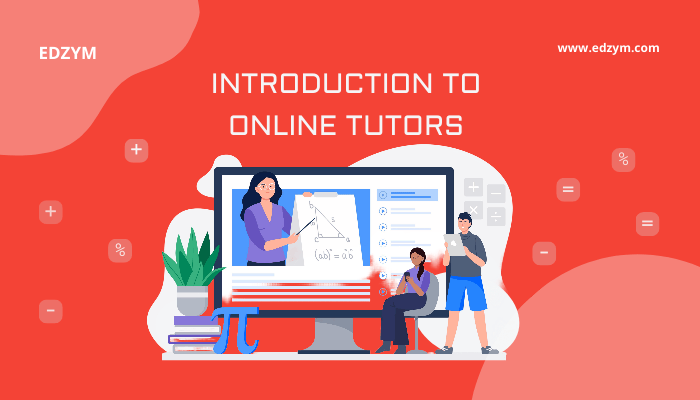Why home schooling the best option for child education in Saudi Arabia?
Home schooling may be more effective than traditional public or private international schools for child education because expatriate parents have the opportunity and time to instill their values in their own children. Parents can discuss daily challenges with their children and use real-world examples as learning opportunities.
Home schooling is preferred over a public school in Saudi Arabia by expatriates for child knowledge for a variety of reasons, including a lack of violence, improved social development, more effective learning, a better overall education, and greater flexibility in learning time and curriculum.
What is the function of home schooling for child education?
According to Wikipedia, home schooling, also known as home education or elective home education, is the education of school-aged children at home or in alternative settings other than a school. It is a school in which expatriate parents educate their children at home rather than sending them to a public or private international school.
The actual practice of home schooling can vary greatly. The spectrum ranges from highly structured forms based on traditional school lessons to more open, free forms such as unschooling, which is a home schooling implementation that is free of lessons and curriculum.
Some expatriate families’ children who previously attended a school in early childhood go through a de-schooling phase in order to break free from school habits and prepare for home schooling. While the term “home schooling” is commonly used in North America, the term “home education” is more commonly used in Europe and many Commonwealth countries.
Home schooling should not be confused with distance child education, which generally refers to a situation in which a child is educated by and conforms to the requirements of an online school, rather than being educated independently and unrestrictedly by their parents or themselves.
Why do expatriate parents opt for home schooling for child education?
Home schooling for the expat child education to access quality education can be done for a variety of reasons, ranging from personal interests to dissatisfaction with the public school system. Some parents believe that home schooling provides better educational opportunities for their children, for example, because they know their child better than a teacher and can concentrate fully on educating usually one to a few people and thus can respond more precisely to their individual strengths and weaknesses, or because they believe that they can better prepare their children for life outside of school.

Some children learn better at home because they-
- Are not held back
- Are disturbed or distracted from school matters
- They do not feel under-challenged
- Are overwhelmed with certain topics
- Discover that certain temperaments are encouraged in school
- Are inhibited
- Do not cope well with the frequently predetermined structure in the school
- Are bullied there
Home schooling is also an option for child education for families who live in remote rural areas, are temporarily abroad, or travel frequently and thus face the physical impossibility or difficulty of enrolling their children in school, as well as for families who want to spend more and better time with their children. Expatriate families’ children who are home schooled may be unable to attend school on a regular basis due to health or special needs.
How is home schooling different from traditional schooling?
- Students in traditional school settings study with their peers and adhere to the school’s rules. These schools are overseen by administrative bodies and operate in accordance with their policies. Whereas home schooling entails a child education at home under the supervision of his or her parents. They can either plan their child’s education themselves or hire someone else to do it for them.
- In a regular school, the student studies in a class with 25-50 other students. In contrast, in home schooling, the student studies mostly alone, or with siblings, or in a relatively small group that may include neighbouring children.
- Regular schooling focuses on general education. Home schooling is individualised instruction that can be tailored to individual student preferences in terms of subjects or interests.
- In a home school setting, the parent as teacher has a much better understanding of their student’s exact level of performance in reading, math, and thinking development. As a result, the home schooling parent can immediately begin with studies that are directly suited to their child’s level of understanding and general knowledge, whereas in a public school setting, the teacher can only provide instruction at a generalised level, which is equal to the most common level of a classroom of students, and little or no personal instruction is provided because all of the students require attention at the same time.
- It is also common for public schools to have a “summer vacation,” which provides a period of no study during which students frequently lose familiarity with their subjects. Home schooling allows students to not only continue their studies year round, but also to participate in year round “outside” activities that are far more interesting than sitting in a row of chairs in a classroom, which is one of the most boring things any child can be forced to do.
- The majority of the time, students in public schools sit at desks whereas in home school, Students can enjoy the company of their parent/teacher while travelling to various locations and seeing various things. Public libraries are one of the many resources available to home schooling students.
- Home schooled students can devote the majority of their time to learning, whereas public school students must deal with “bullying” and school violence, drugs and gang activity, and a general peer culture that is not conducive to obtaining an excellent child education.
Is Home schooling an Effective Method of Child Education?
According to research, home schooled children perform better on standardised tests, stay in college longer, and perform better once enrolled. According to a 2009 study, approximately 67 percent of home schoolers graduated from college, compared to 59 percent of public school students.
Home schooling may be the most effective method of child education for many expatriate families of Saudi Arabia. Home schooling allows for more one-on-one instruction and personalised learning. The most effective way for children to learn is to tap into their natural curiosity and passion.
Home schooling allows you to devote all of your time to ensuring that learning occurs. Similarly, if your child is ready to progress, there is no need to waste time on redundant or repetitive lessons. Home schooled children can progress through educational materials more quickly than their peers.
Conclusion
Home schooling is an excellent way to ensure that your child receives one-on-one attention and instruction. It also implies that you can accommodate your child’s learning style.
When your child is home-schooled, it means that you will be the one teaching. You’ll have to plan out a schedule for lessons and assignments, and then follow through on those plans.
You won’t have to pay for expensive books or supplies, but you might need to hire a tutor if your child needs help with advanced subjects like math or science.







